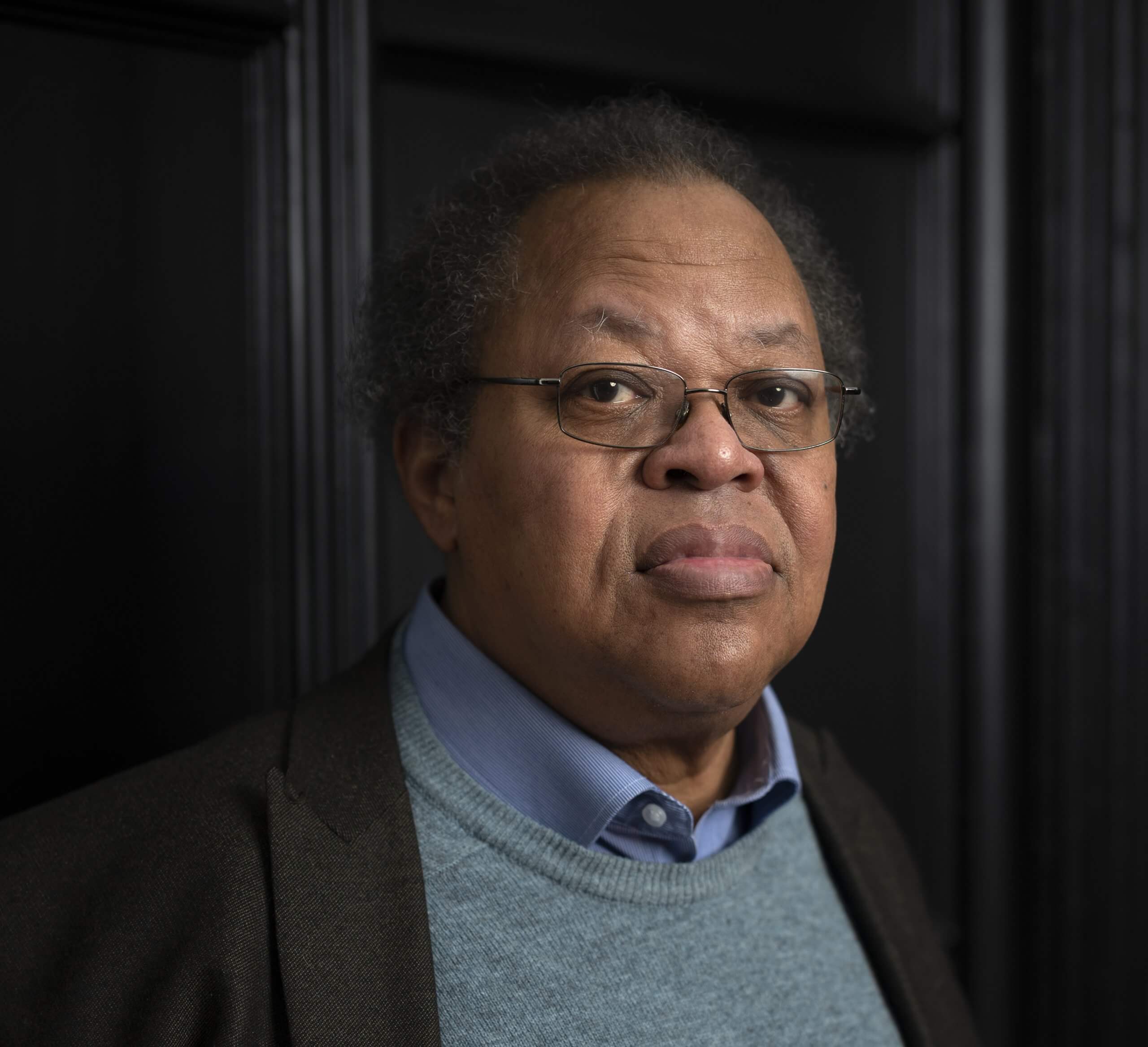The writings of African American composer Olly Wilson (1937-2018) exercised enormous influence in proposing an African American musical aesthetic in contemporary classical music. Wilson portrays Afrodiasporic music-making as exhibiting “shared conceptual approaches,” which he eventually subsumes under his notion of the “heterogeneous sound ideal…a fundamental bias for heterogeneity of sound rather than similarity of color or homogeneity.”
Wilson presents numerous examples of the heterogeneous sound ideal in a wide range of African and African American musical practices, with the curious exception of contemporary music—his own primary field. His 1970 orchestra work Voices, however, exemplifies many of the tendencies he identifies; its swirling, repetitive sonic behaviors and uncanny effects are only one part of the work’s overall heterogeneity of sound and color. The main direction in this talk, then, is taken directly from Wilson’s piece. Through examples from the work of a diverse (and by no means exhaustive) range of Afrodiasporic contemporary composers, I want to identify aesthetic directions that appear frequently in Afrodiasporic contemporary classical music since 1960, connecting these with larger issues in the creolization of the field as a whole.
George E. Lewis is the Edwin H. Case Professor of American Music at Columbia University, where he serves as Area Chair in Composition and member of the faculty in Historical Musicology. Lewis is a Fellow of the American Academy of Arts and Sciences and the American Academy of Arts and Letters, a Corresponding Fellow of the British Academy, and a member of the Akademie der Künste Berlin. A member of the Association for the Advancement of Creative Musicians (AACM) since 1971, Lewis’s other honours include a MacArthur Fellowship (2002), a Guggenheim Fellowship (2015), and the Doris Duke Artist Award (2019). In the 2020-21 academic year he was a Fellow of the Wissenschaftskolleg zu Berlin, and he currently serves as Artistic Director of the International Contemporary Ensemble.
Support for this program is generously provided in part by The UCLA Herb Alpert School of Music, The Center for Musical Humanities, the Nelson Fund, Robin Kelley, the Gary B. Nash Endowed Chair in U.S. History, Ralph J. Bunche Center for African American Studies at UCLA, and the Department of African American Studies.
This event is made possible by the David and Irmagard Dobrow Fund. Classical music was a passion of the Dobrows, who established a generous endowment at The UCLA Herb Alpert School of Music to make programs like this possible. We are proud to celebrate this program as part of the 2022-23 Dobrow Series.



